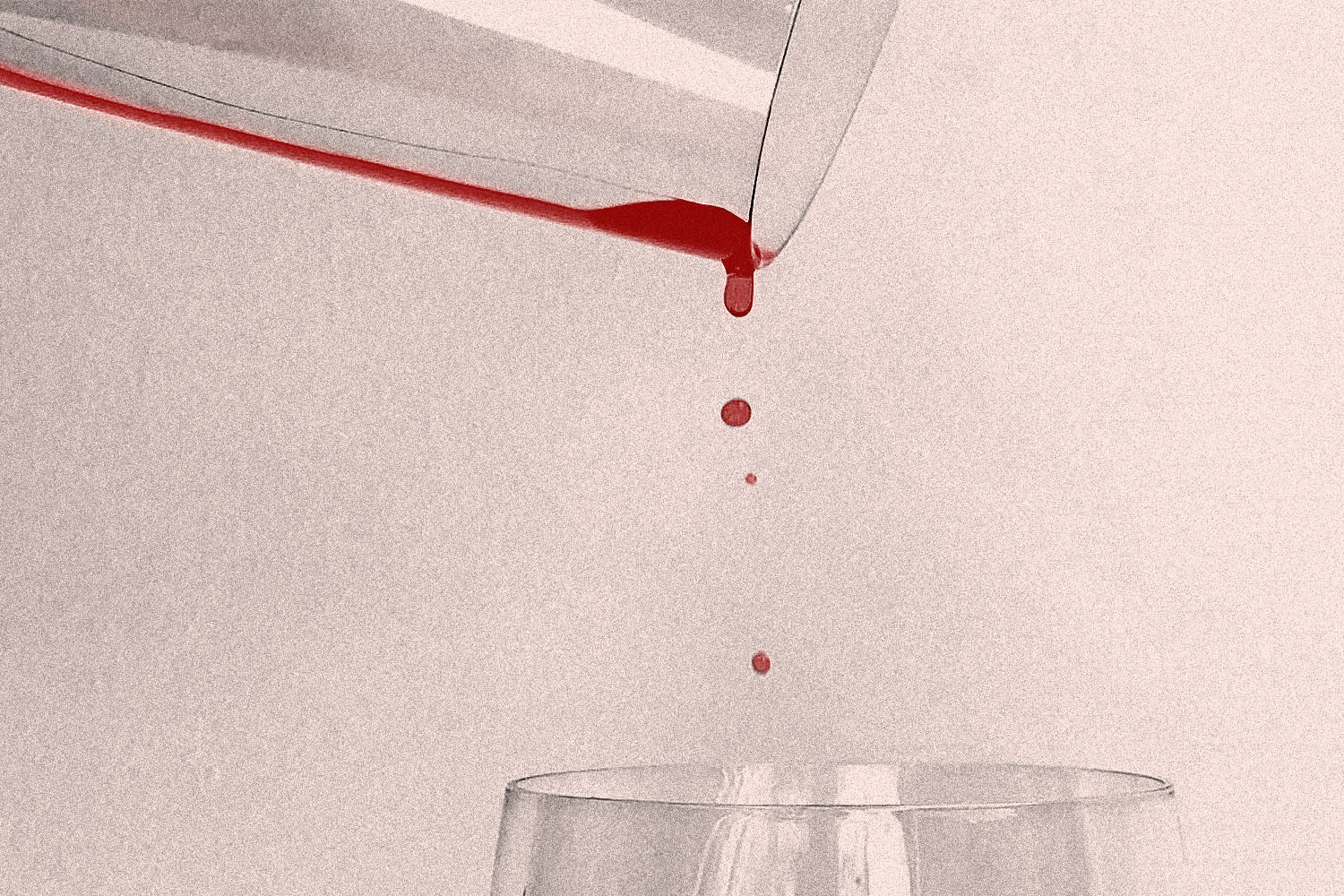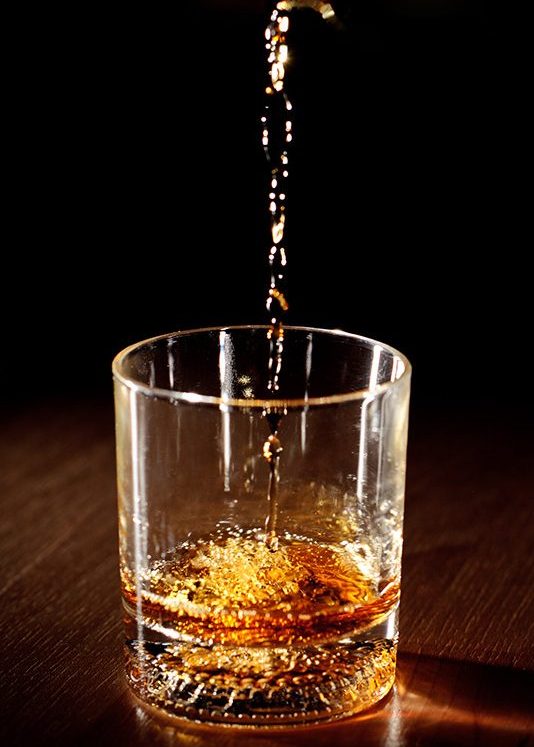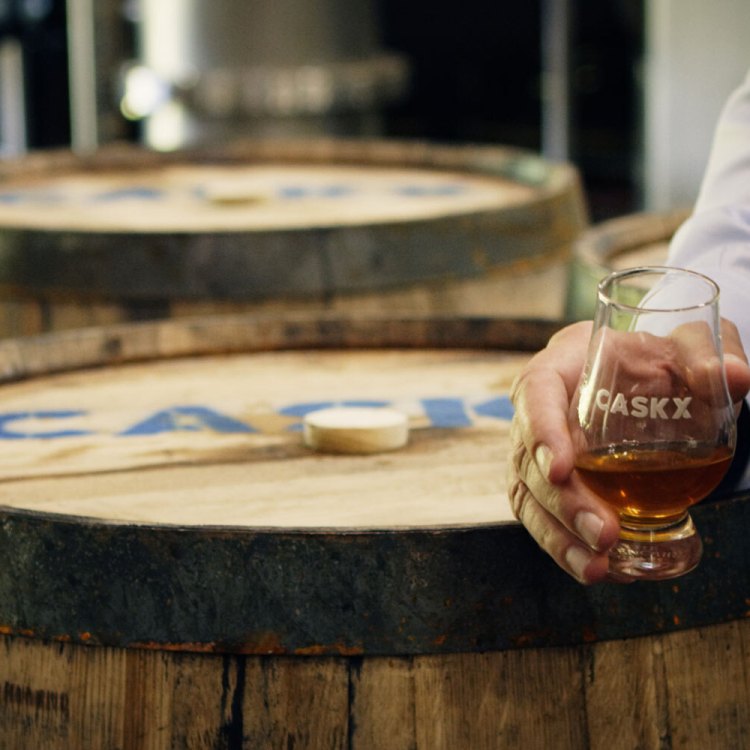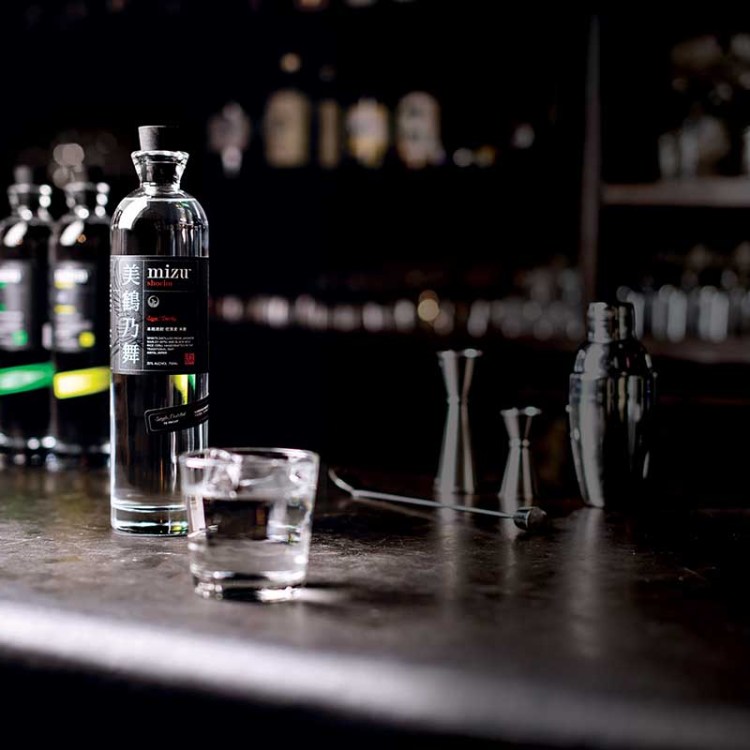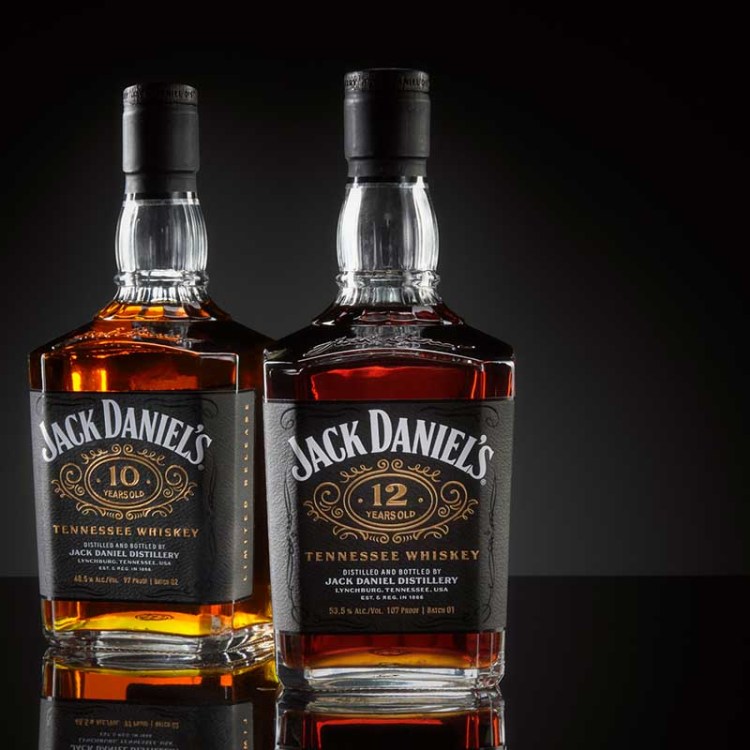If you want to hurt an industry and hurt the people who enjoy that industry, start a tariffs war. We’re talking about booze here, the one thing that may be keeping you going in this pandemic.
Let’s back up: Last October, the U.S. imposed a 25-percent tariff on all single malt Scotch imports, part of a larger package of European goods being hit with tariffs that included Parmesan cheese, Irish whiskey, olives, wool clothing and aircraft. Those tariffs arrived with the official approval of the World Trade Organization and came as part of a penalty against an EU subsidies program for the aircraft company Airbus.
That dispute dates back to 2004. Europe, meanwhile, imposed a 25-percent tariff American whiskey imports in response, which has caused a 33-percent drop in exports of our homegrown hooch.
Unfortunately, it looks the American tariffs are here to stay, although there is some relief that those taxes didn’t quadruple, and that gin wasn’t thrown under the bus as well. As the country’s top trade official Robert Lighthizer noted this week: “The EU and member states have not taken the actions necessary to come into compliance with WTO decisions.”
The Scotch Whisky Association immediately responded: “Scotch Whisky exports have fallen by 30%. Likewise, American whiskey distillers have now had a 25% tariff in place on their exports into the EU for two years, which has meant that their exports have fallen by a third in that time.”
That agency wants drinks fans overseas to use the social media hashtag #CallTimeOnTariffs and urge the U.K. government to act fast and negotiate directly with the U.S. to “get these unfair tariffs removed before we see more damage,” which could include heavy job losses.
The U.S.-based Distilled Spirits Council (DISCUS), meanwhile, noted that the EU is scheduled to increase its retaliatory tariff on American whiskey from 25 to 50 percent next spring.
In a press release, DISCUS (which is promoting its own tag #toastsnottariffs) wrote that it “urge(s) the Administration and our EU trading partners to de-escalate this trade dispute by simultaneously removing the U.S. tariffs on EU beverage alcohol products and the EU’s tariff on American Whiskey” and called for “a return to the 1994 zero-for-zero tariff agreement on both sides of the Atlantic [which] will be instrumental to the spirits industry’s future success and job creation in the U.S., EU and UK.”
The agency also points out that U.S. imports of liqueurs and cordials from Germany, Ireland, Italy, Spain and the United Kingdom have dropped 23 percent between October 2019 and May 2020.
Erik Segelbaum, a sommelier and founder of hospitality consultancy Somlyay, sees several issues with the ongoing tariff war. Besides higher prices for consumers everywhere, alcohol distributors also rely on European imports, because the profit margins tend to be higher than on domestic products.
And when distributors pass along price increases, it’s restaurants — already suffering due to the COVID-19 pandemic — that will ultimately bear the brunt of it. “The end result is restaurant prices go up dramatically, restaurant sales get diminished, restaurants start closing,” Segelbaum told Marketplace.
Last year DISCUS estimated domestic job losses up to 13,000 because of new tariffs. Given the current state of the world, that number could significantly increase unless trade negotiations continue.
The most succinct and accurate industry response so far? As Umberto Luchini, founder & proprietor of Oregon’s Wolf Spirit, told Forbes: “If the issue with Europe is unfair pricing from Airbus, why should whiskey producers in Kentucky suffer?”
Or really, why should any distiller or winemaker take a hit?
This article was featured in the InsideHook newsletter. Sign up now.


